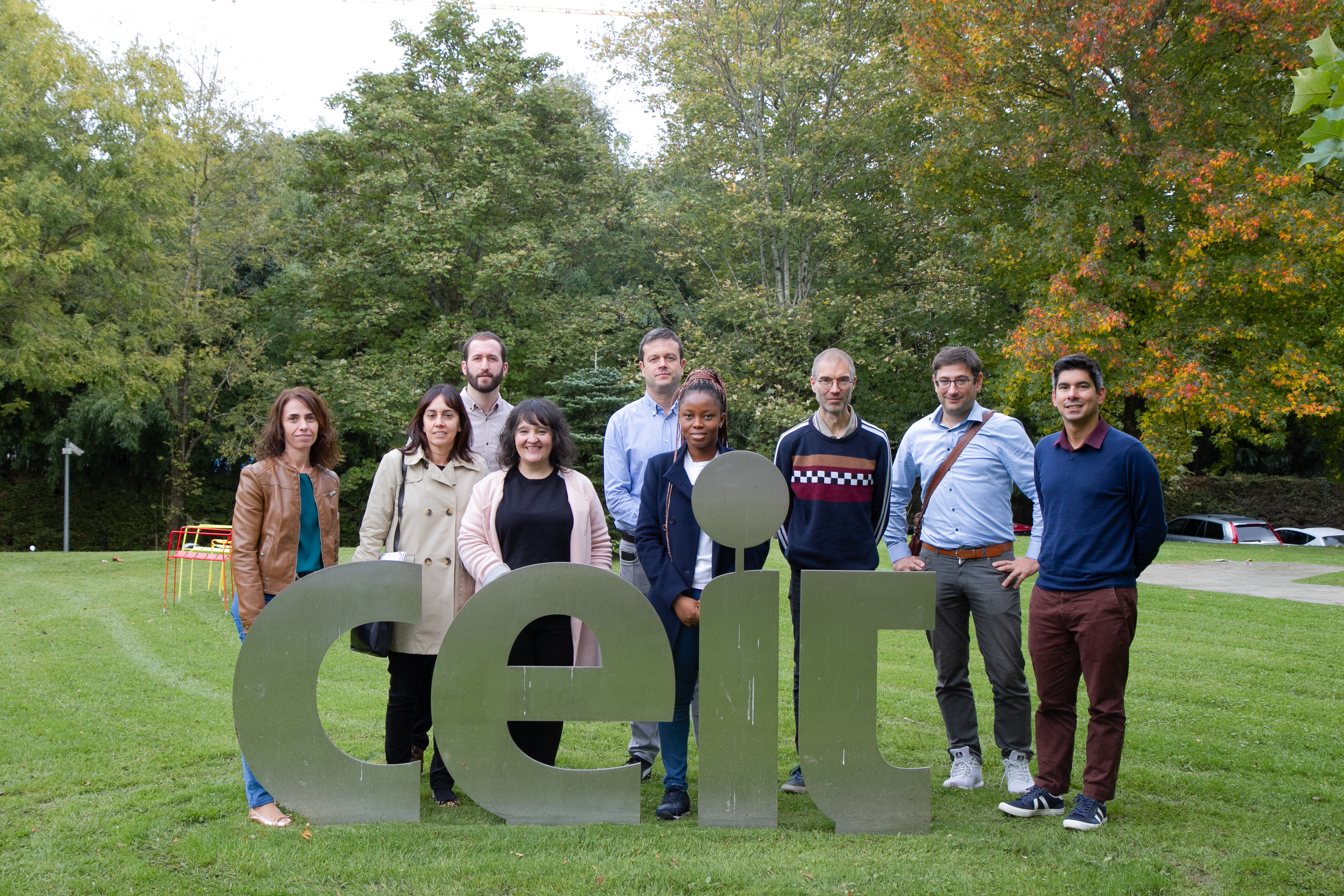News & Events
Ceit leads the transition towards sustainable steels with the NANO-S-MART project

PhotoCeit/Kick-off meeting of the project last November at Ceit's facilities.
30 | 01 | 2025
The European NANO-S-MART project, led by Ceit, seeks to transform the production of martensitic steels via the use of production methods with low CO2 emissions, thus ensuring their sustainability and competitiveness.
With a 3.08 million Euro budget and of four years’ duration, NANO-S-MART deals with key challenges such as the impact of residual elements on steels, reinforcing the commitment to the circular economy and climate neutrality.
The iron and steel industry, which is responsible for 5.7% of total greenhouse effect gas emissions in the EU, is facing the challenge of adapting to the climate goals set out by the Paris Agreement and the European Green Deal. Hence the need has emerged to find sustainable solutions that will enable the European iron and steel industry to remain competitive while maintaining the commitment to counter the effects of climate change. Within this context, the European NANO-S-MART project, led by the Ceit Technology Centre and funded by the Horizon Europe programme, provides an innovative response.
With a 3.08 million Euro budget and of four years’ duration, the project seeks to revolutionise the production of martensitic steels via innovative processes that integrate technologies such direct reduction of iron (DRI) and electric arc furnaces EAFs). This approach highlights the use of recycled scrap metal – a key resource in reducing emissions, albeit by introducing residual elements such as copper, tin and phosphorous, which may alter the final properties of the material.
Redesigning martensitic steels for a sustainable future
NANO-S-MART focuses on analysing and redesigning quenched and tempered martensitic steels. These alloys, considered fundamental in sectors such as the car industry, construction and defence, play a crucial role in the transition towards renewable energies and in advances towards climate neutrality in Europe.
Using an approach ranging from macro scale to the nanostructure of the material, NANO-S-MART develops technical guidelines to ensure that these steels will be compatible with cleaner and more sustainable production methods. Additionally, the aim is also to validate these innovations in industrial environments, thus ensuring their practical applicability.
The role of Ceit
As project coordinator, Ceit leads the research in terms of processing parameters and the final properties of the martensitic steels – a crucial aspect in being able to develop optimum processing windows for these products. Furthermore, Ceit will be in charge of carrying out an analysis of the lifespan of the production processes involved, with a view to assessing the reduction in CO2 emissions and ensuring the sustainability of the new techniques.
Innovative and sustainable approach
In addition to Ceit, NANO-S-MART brings together prominent European partners who are providing their experience in different key areas, namely OCAS NV, Universitet Gent, Karlsruhe Institute of Technology (KIT) and Max-Planck-Institut für Eisenforschung (MPIE).. Thus, the project deals with technical challenges involving the intensive use of recycled scrap metal while at the same time contributing to the transition towards a circular, sustainable economy in Europe.